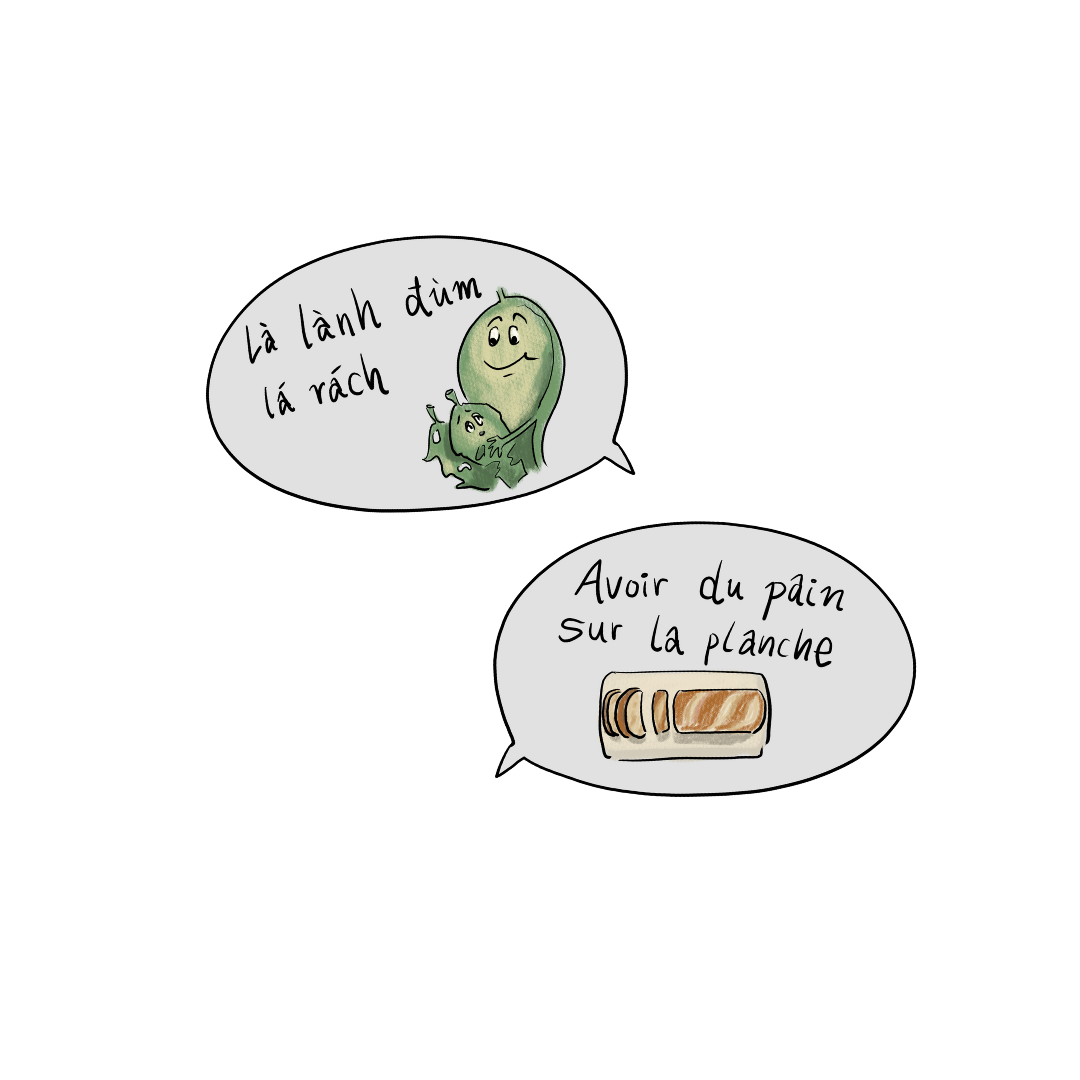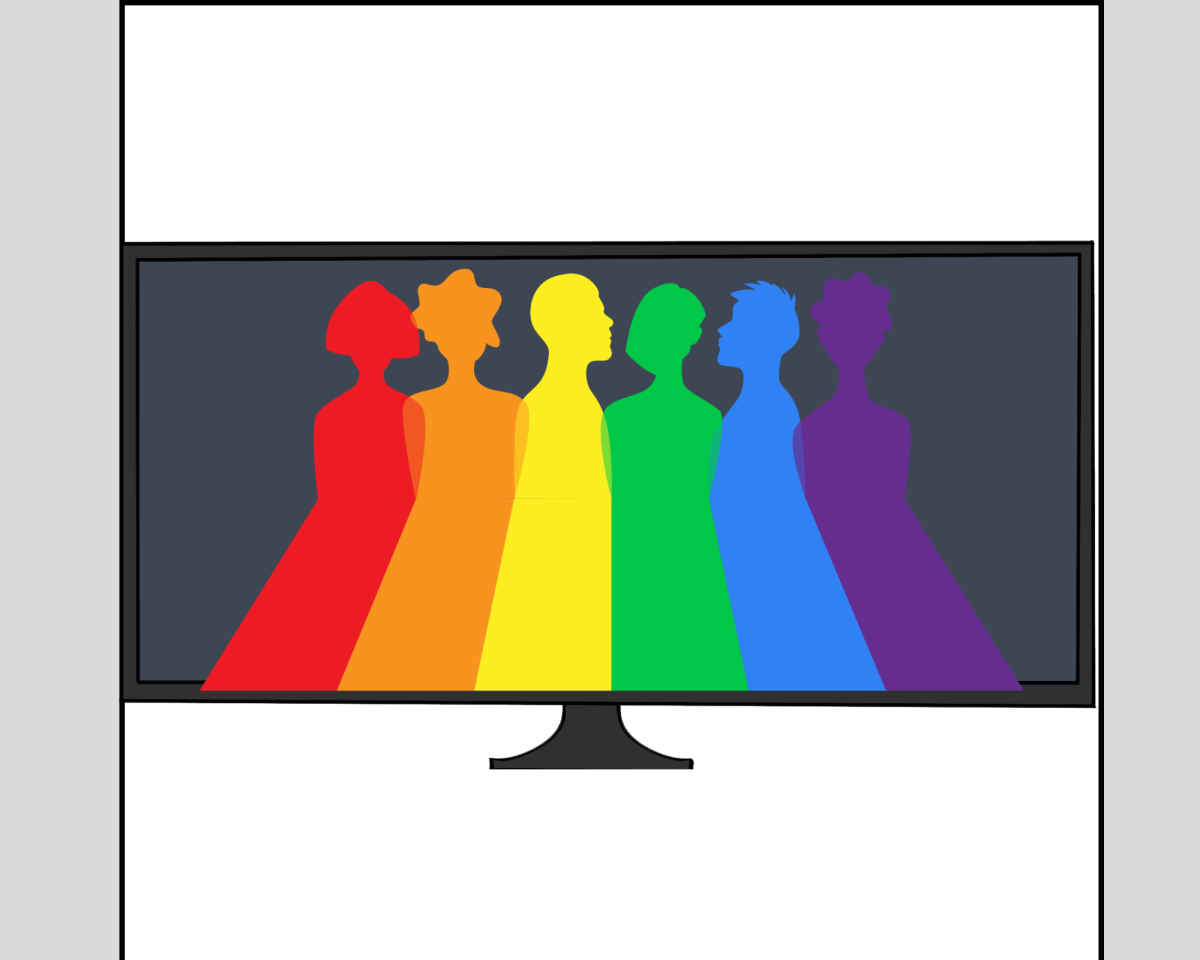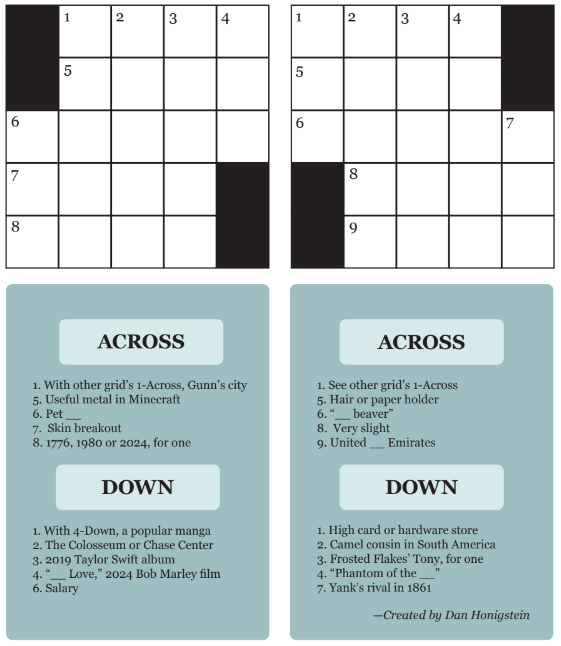By: Anna Qin
Life can be extremely stressful and different people have different ways to remedy this anxiety. More recently, a new remedy has emerged in the form of what proponents deem a “digital drug,” audio tracks known as binaural beats. Theoretically, they produce certain brainwave frequencies that alter a person’s current emotional state to one that is desired. Lucid dreaming, deep sleep and better concentration are some of the various effects that binaural beats are claimed to induce.
Essentially, a binaural beat is created by playing two different frequencies varying by 10 hertz in the left and right ears. These frequencies are used to create a perceived third frequency or beat. This frequency is then said to be able to create alpha, beta, theta and delta brainwaves, which are associated with various emotional states.
There are many claims for the effects of binaural beats, and ultimately, if they are proven true, the societal impacts would be enormous. But do binaural beats actually create special effects in the brain? Most proponents justify the effects of binaural beats through their ability to create alpha, beta, theta and delta brainwaves; this is assuming the opposite of what is known of the function of brainwaves.
Certain emotional states like happiness, anxiety and depression translate to certain brainwave frequencies. However, the reverse is not true; brainwave frequencies do not result in these emotional states. Therefore, just because an alpha frequency, which is associated with focus, is generated by binaural beats, the listener will not become immediately alert.
Several studies have been done to test the effects of binaural beats. A 2006 study from Japan played the same set of binaural beats to nine blinded and controlled subjects, and they recorded extremely varied results. Variations were believed to be due to recognition of auditory signals, rather than direct influence of binaural beats.
Although binaural beats might not have a scientific basis, many people still attempt to use binaural beats for meditation, deep concentration and deep sleep. The top five search results for “binaural beats” on YouTube have each recorded more than 500,000 views, and regular listeners believe fully in binaural beats as an emotional stimulator.
While binaural beats may not produce outcomes exactly what proponents suggest, music in general has always been seen as a medium for artists to release their feelings and for listeners to benefit emotionally from the experience. There is no reason to rule out binaural beats as another genre of music.
Ultimately, while there is little evidence to support the claims for binaural beats, no negative effects have been discovered either. The small amount of evidence supporting binaural beats may be attributed to the placebo effect, but if such music does help the listener concentrate a little better while studying, sleep well throughout the night or even relax during a particularly stressful day, what is the harm in trying them out?











